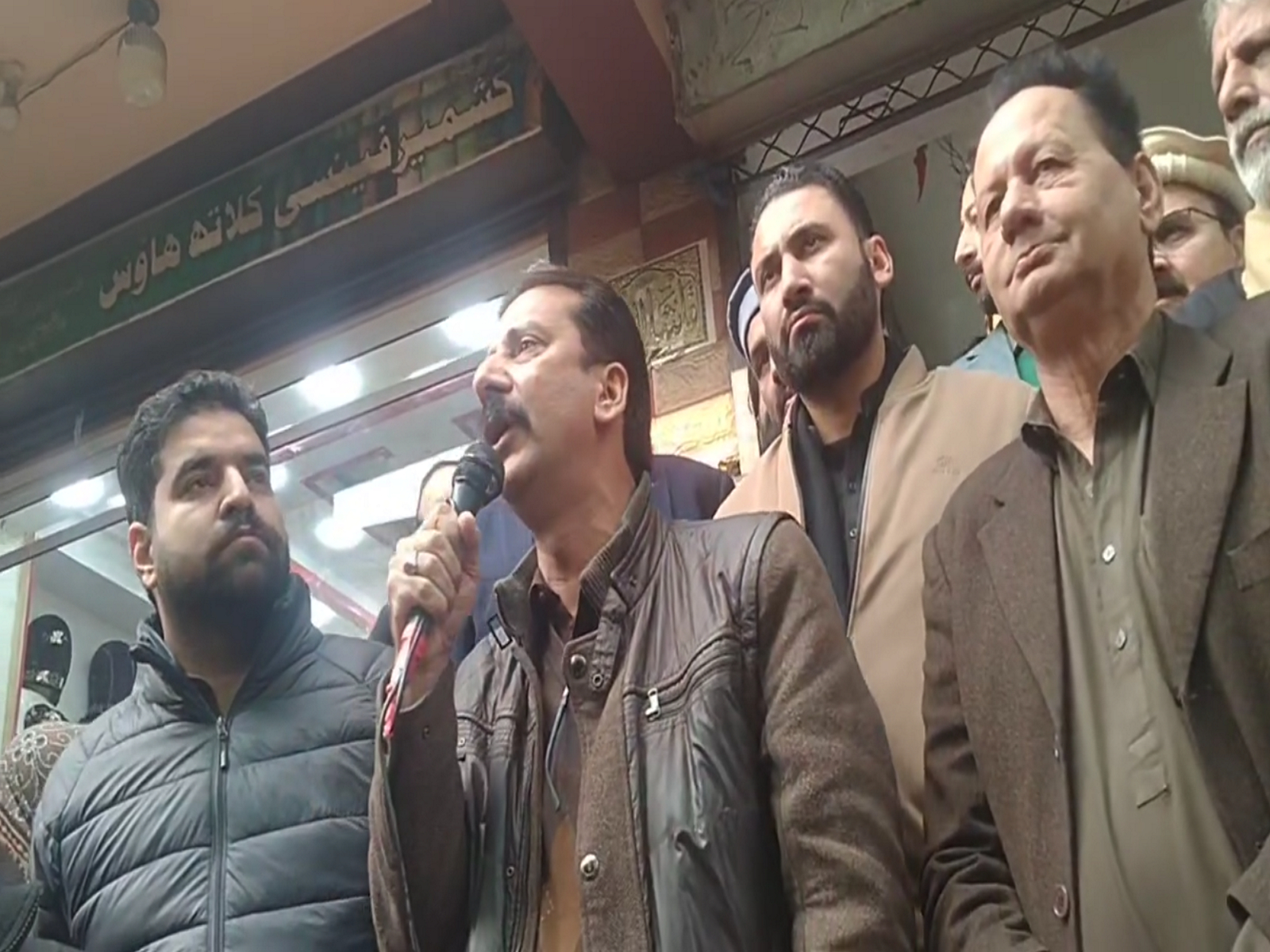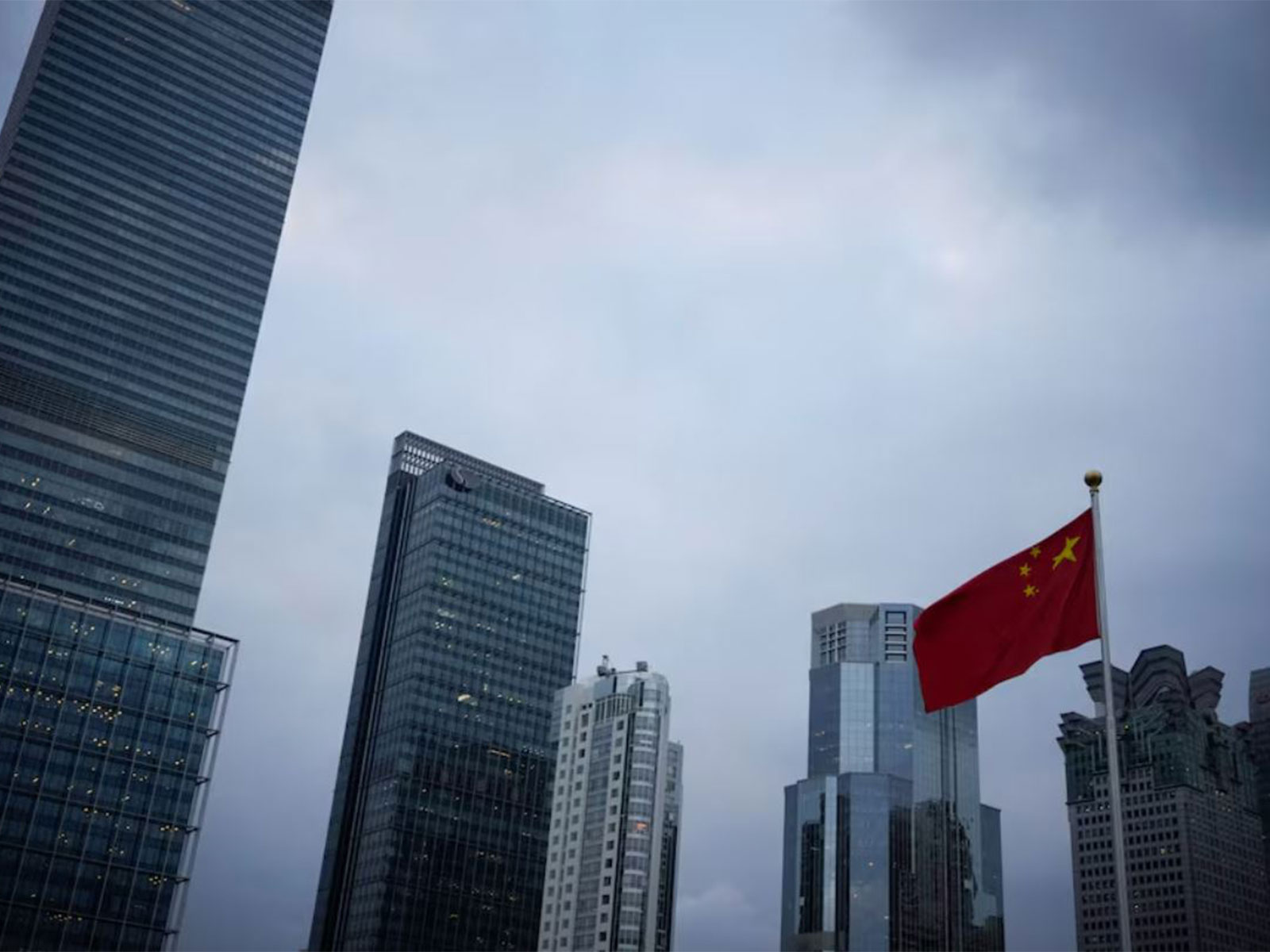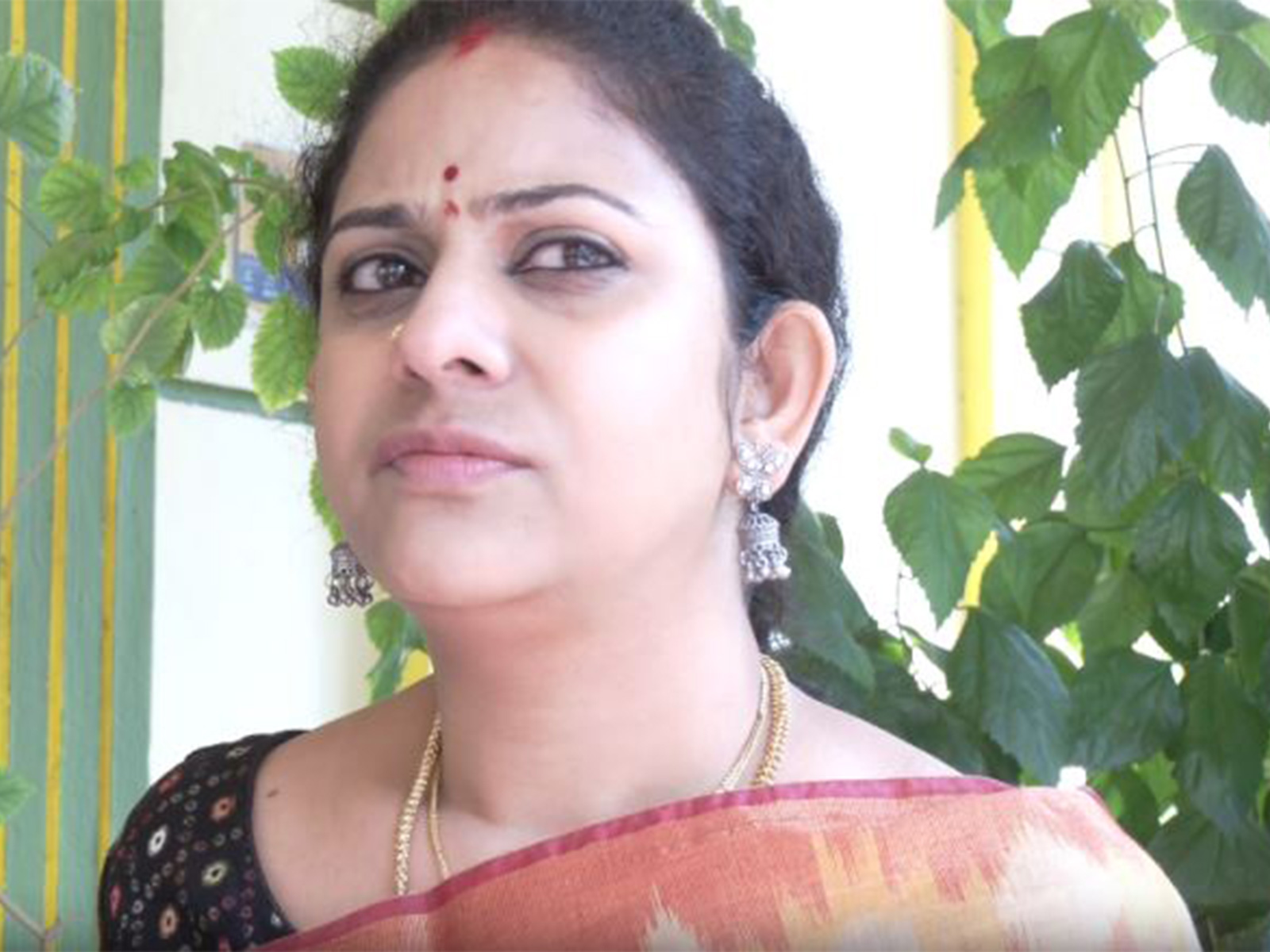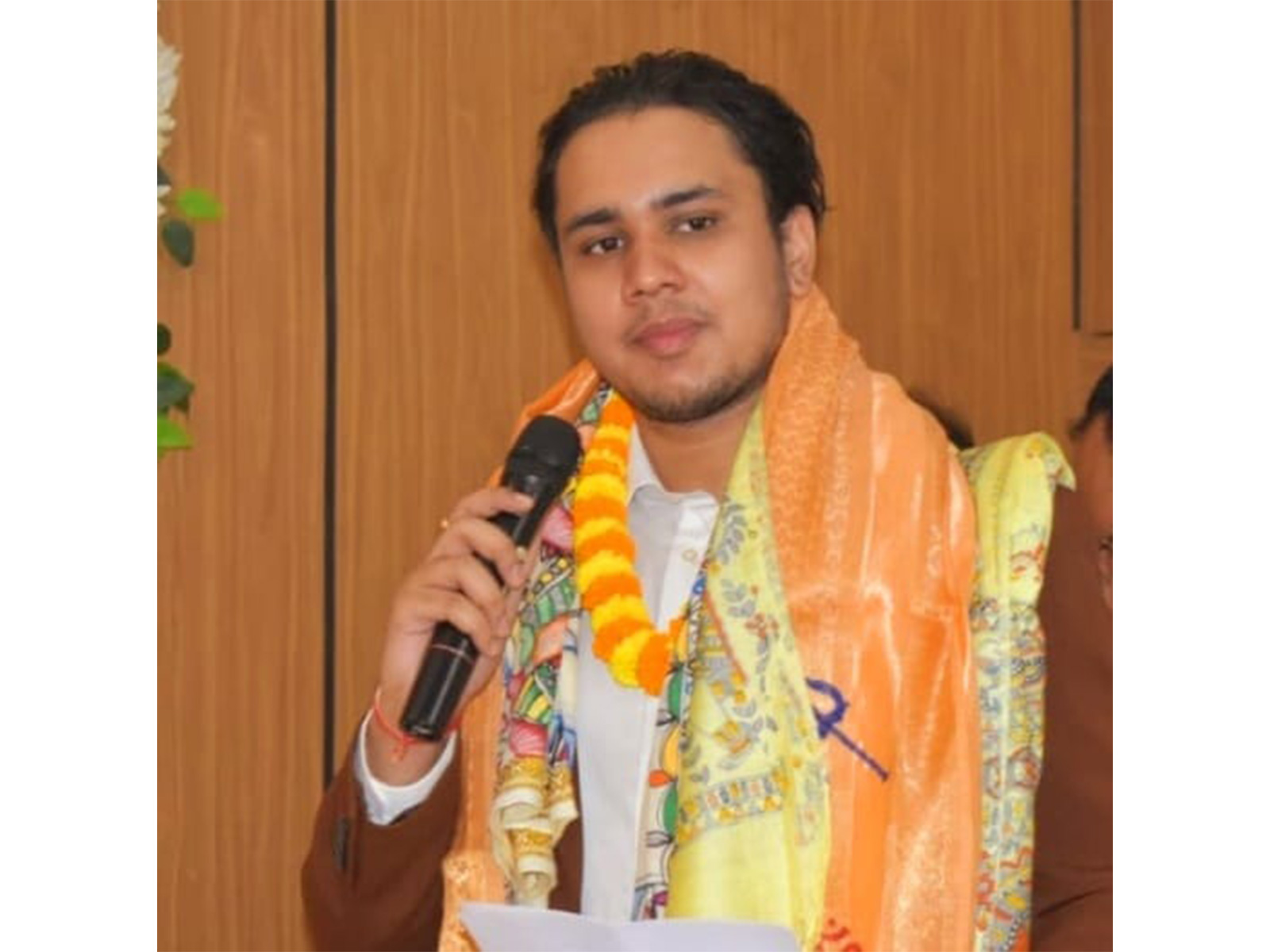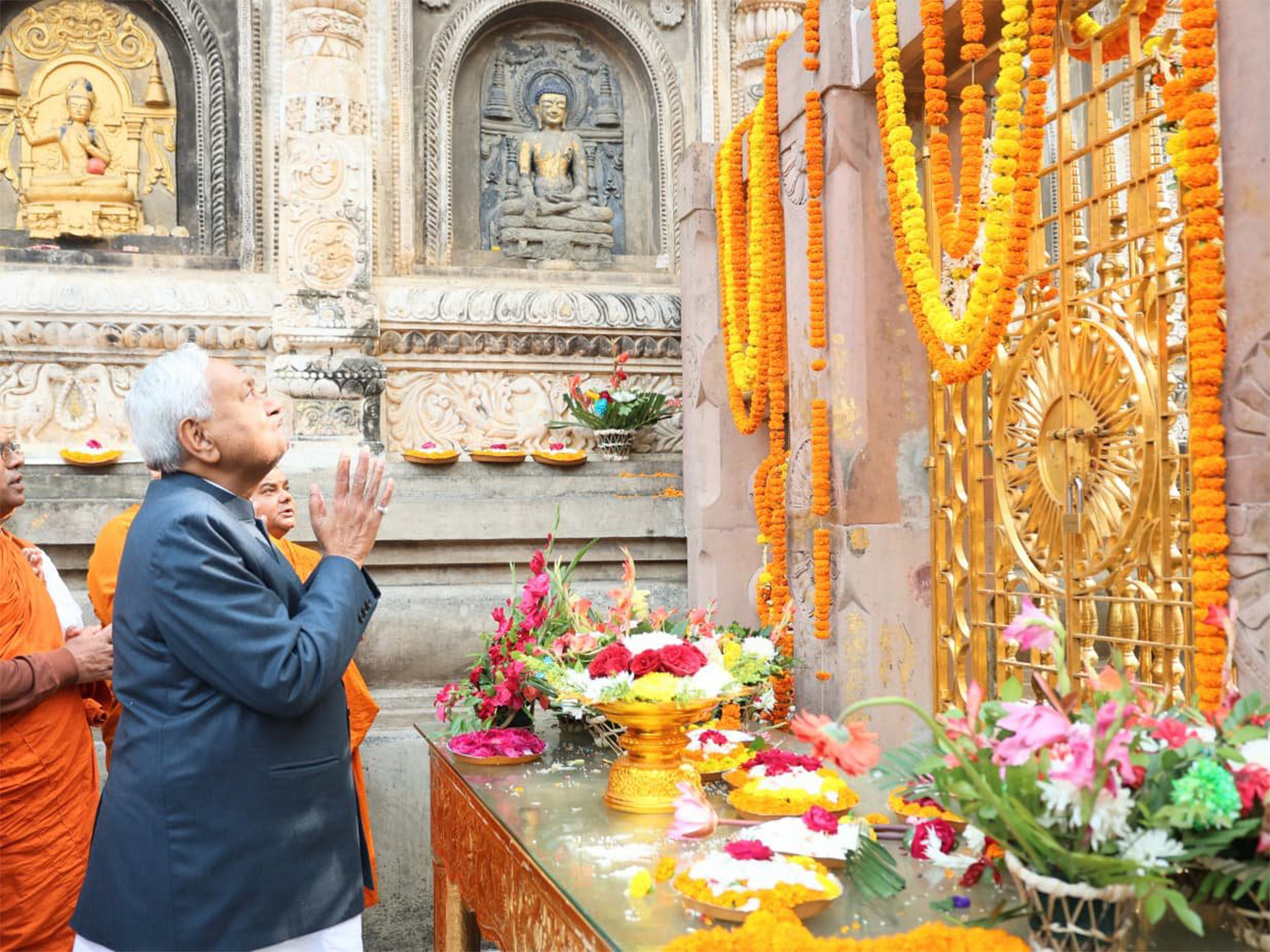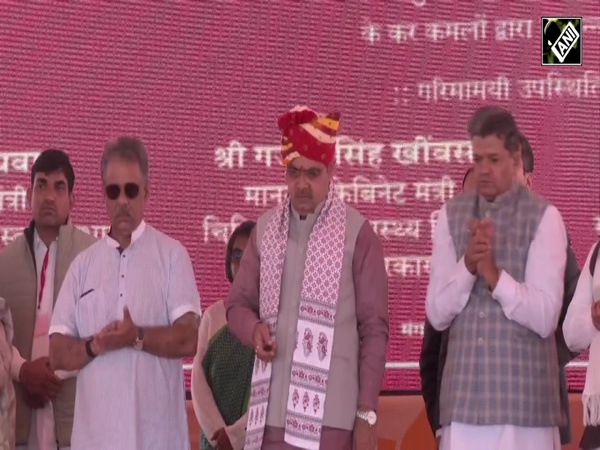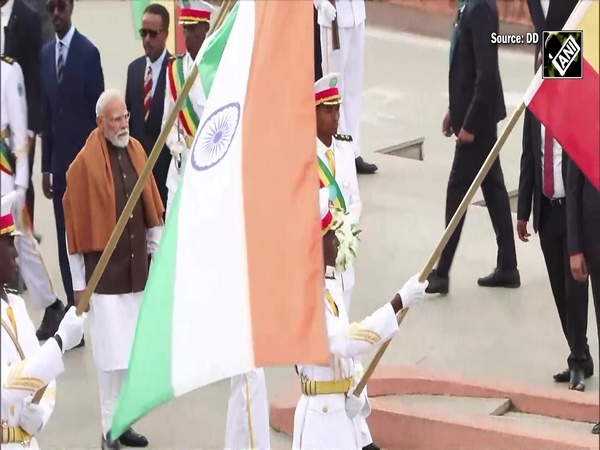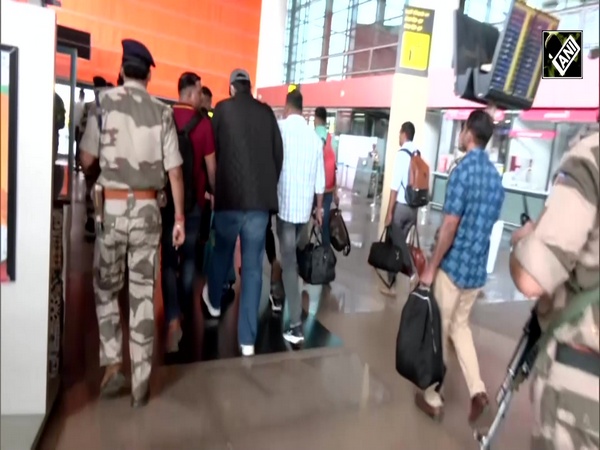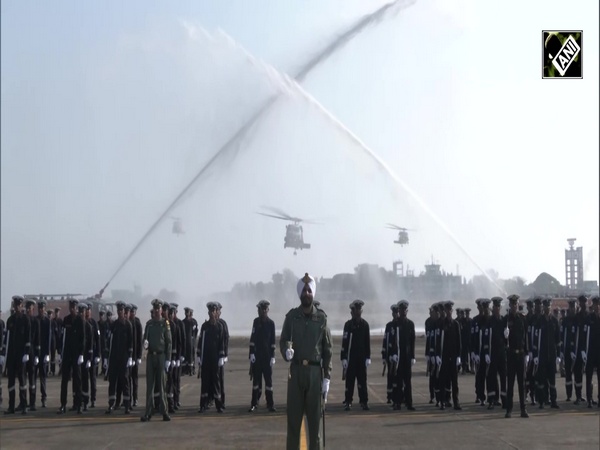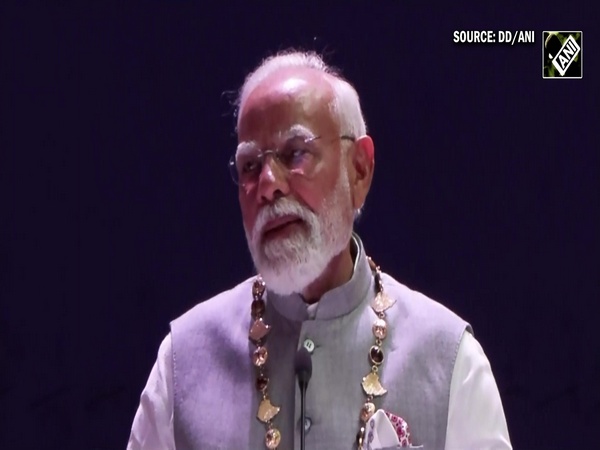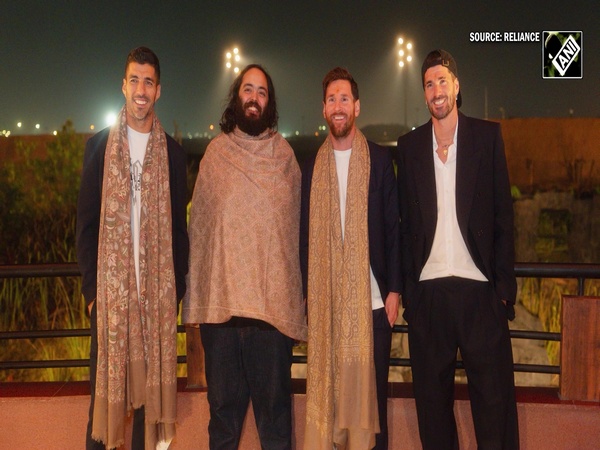Afghanistan among countries with “worst educational conditions”: Report
Sep 16, 2023

Kabul [Afghanistan], September 16 : Highlighting the damage that has been done to the education system since the return of Taliban in Afghanistan, Maleiha Malik, Executive Director of Protect Education in Insecurity and Conflict (PEIC) said that the country is on the list with the worst educational situation, Tolo News reported on Friday.
Malik noted that education in Afghanistan has been damaged by the “state actors and armed non-state actors”, adding that new barriers to education in Afghanistan are still challenging.
“There are some persistent countries that come in that list, Afghanistan was on that list persistently. And in Afghanistan attacks on education from all sides not only state actors but also armed non-state actors were prevalent,” Tolo News quoted Malik as saying.
She added, “And I think what happened particularly with the media is that the armed non-state actors became more prominent, and it was hard sometimes to see that state parties were also causing massive destruction. The new barriers to education in Afghanistan are still challenging”.
Responding to this, Taliban spokesperson, Zabihullah Mujahid, said the Islamic Emirate is “committed” to ensuring Afghan girls have the right to an education. He, however, declined to comment further on the education of females in Afghanistan.
"The Islamic Emirate of Afghanistan did not say that we will not stop education, but it has been suspended for a while and the work is going on with it,” Tolo News quoted him as saying.
However, despite the unsubstantiated and tall claims of the Taliban, a startling 80 per cent of Afghan girls and young women who are of school age are currently denied access to education under the Taliban regime in Afghanistan, a new report by Care International stated, according to Khaama Press.
It has been more than two years since girls above grade six have been prohibited from attending school in Afghanistan, and it is unclear when those doors will reopen, Tolo News reported.
"The educational centres can fill the educational void that has been created at this time when they [girls] are not permitted to go to the university and the conditions in schools are not suitable for them,” said Sangar Khalid, head of the union of the educational centres.
Meanwhile, some female students have again called out the Islamic Emirate to reopen schools for girls.
"Ignoring the female can lead a civilized culture to destruction,” said Fatema, a student.
Afghanistan remains the only country to ban girls' and women's education which has resulted in a substantial economic toll of approximately USD 5.4 billion.
Earlier, Human Rights Watch (HRW) criticised the imposition of restrictions on Afghan women.
Earlier this month, former UK PM Gordon Brown called the treatment of Afghan women and girls "gender apartheid" and urged the American government and the UK government to impose sanctions on the Taliban, people directly responsible for such policies, TOLO News reported.
Meanwhile, the UN has called for girls' rights in Afghanistan to be “respected” in response to the ban on the travel of female Afghan students to Dubai who had been awarded scholarships to study in the United Arab Emirates, Tolo News reported.
Afghanistan's women have faced numerous challenges since the Taliban returned to power in 2021. Girls and women in the war-torn country have no access to education, employment and public spaces.
It has imposed draconian restrictions on the rights to freedom of expression, association, assembly, and movement for women and girls.
Taliban leaders have also disregarded international calls for women and girls to be given access to education and employment. Apparently, they have also issued warnings to other nations not to meddle in Afghanistan's domestic affairs.
The Taliban have barred girls from attending secondary school, restricted women and girls' freedom of movement, excluded women from most areas of the workforce and banned women from using parks, gyms and public bath houses.

